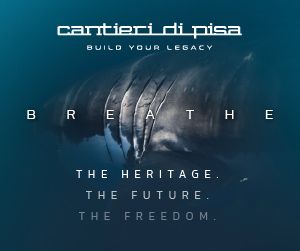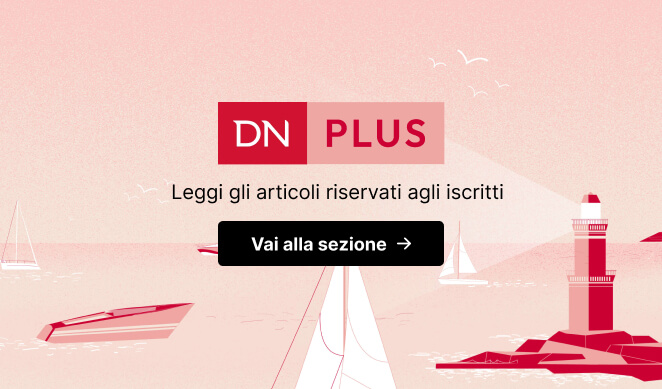Scapa Flow off the coast of Scotland becomes a Marine Protected Area
Legal protection for Scapa Flow, where the German fleet was scuttled during World War I
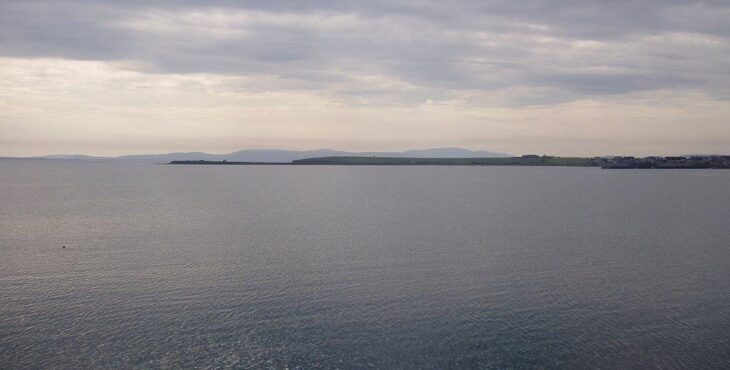
Legal protection for Scapa Flow, where the German fleet was scuttled during World War I
Scapa Flow has been designated as a historic Marine Protected Area now making it a criminal offence to remove items from the sites off the Orkney islands. The Scottish government have noted how Scapa Flow played an important role as a naval base during the First and Second World Wars, and that is home to “the largest concentration of war ship wrecks” in the United Kingdom.
The bay of Scapa Flow, located in Orkney, northern Scotland, is home to the wrecks of the German High Seas Fleet, which was interned at the end of the First World War. The ships were scuttled on 21 June 1919 by order of the German Admiral Ludwig von Reuter, to stop them from ending up in British hands, an act that created an uproar from both the Admirality and the international press.
In addition there are also the wrecks of a number of English vessels that were sunk during both wars in order to stop enemy vessels entering the port, an endeavour which was achieved by U-Bot Gunther Prien, commander of the U-47 on 13/14 October 1939, when he sank the battleship, HMS Royal Oak. Parts of the ships were recovered by specialist companies, deep sea and scuba divers for their steel, and other objects were taken over the years by treasure hunters, but there are still many ships in the waters of the bay.
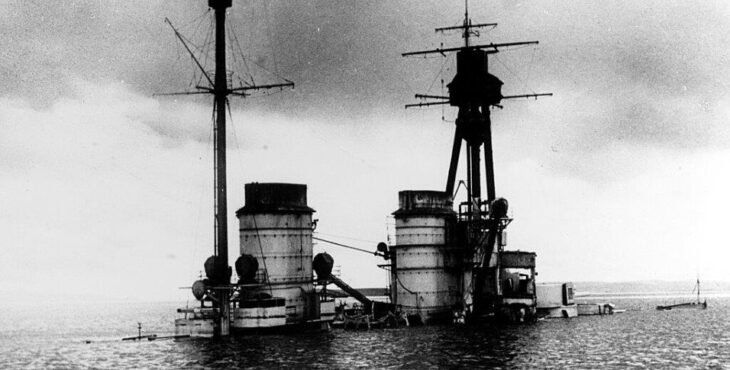
This is one of the most famous places in the world for divers who love shipwrecks, but it is difficult to reach, costly, very cold, and many of the ships are too deep. Visibility is not the best, and there is little in the way of accommodation. It still remains, however, a dream location for all respectable divers. Perhaps only one other place in the world, on the opposite side of the planet, can equal Scapa Flow: the Chuuk lagoon in Micronesia, equally difficult to reach, yet full of imagery.
The British authorities have finally understood the importance of the cultural (and touristic) heritage in these waters, allowing divers to only visit them on a “look but don’t touch” basis. In addition to Scapa Flow, Historic Marine Protected Area status has also being granted to a wreck off Shetland which sank in a storm in 1745.
This is the Queen of Sweden, built in Stockholm in 1741 to trade with China, and is one of the best preserved wrecks of a ship belonging to the Swedish East Indian Company.
“The designation of these sites – saild Energy Secretary and Member of Parliament, Gillian Martin – recognises their national value and will help to ensure that future generations can continue to explore, learn from, and be inspired by Scotland’s underwater heritage.”
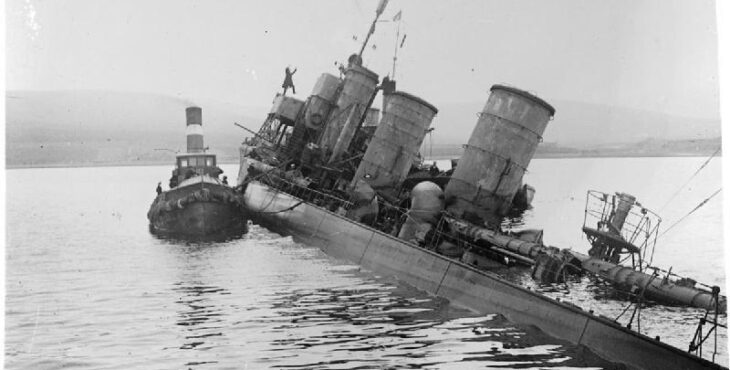
“Wrecked vessels – Orkney Islands Council leader Heather Woodbridge added – including those of the German High Seas Fleet, are a significant heritage asset and attract visitors from all over the world, contributing to the economy of Orkney. Unfortunately, the wrecks are vulnerable and will not last forever. Officially recognising and protecting these sites is of vital importance to help them last longer. This Historic Marine Protected Area will guarantee that these irreplaceable pieces of our heritage will be protected from damage or disturbances caused by humans, while also allowing responsible access, research and training, when appropriate.” Both MPAs will come into effect on 1 November 2025.
Photo source: Wikipedia
By Paolo Ponga

